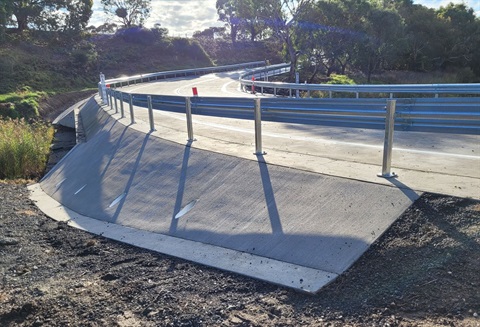Blue Mountains City Council is reminding property owners of its responsibility to manage weeds under biosecurity legislation, while asking for the community’s cooperation with weed control.
The legislation addressing weed control is not new but the name changed in 2017 from the Noxious Weeds Act 1993 to the Biosecurity Act 2015. Under this Act, Council has a legal obligation to manage the risk posed to human health, the economy, the community and environment by Priority Weeds.
The legislation also means that landowners are responsible for controlling weeds on their property. Council provides detailed information to residents, via correspondence and its website, to assist residents in identifying Priority Weeds. Council advises residents to use this information to be aware of weeds in order control them when they appear on their property and to prevent them from spreading to other properties or into native bushland.
For a list of priority weeds, go to: bmcc.nsw.gov.au/weeds
“Council has always taken control of weeds seriously as they are a threat to the precious biodiversity of the Blue Mountains,” Mayor, Cr Mark Greenhill said. “We ask for the community’s cooperation in helping us control these Priority Weeds and protecting our region.
“As a Council we are obliged to control weeds on Council managed land and we are obliged to inspect private lands to ensure owners carry out their obligations. However, we understand that this is not always an easy task and Council’s urban weeds team are always willing to work in collaboration with residents to control weeds, if challenges arise.
“If you are having difficulties and cannot complete the work in the requested timeframe, I would urge you to contact Council for an extension, particularly when large woody weeds are present.
“In addition, Council officers can provide assistance by helping with weed identification and weed management plan preparation – to prioritise work if there are multiple weeds on a property. We can all work together to help maintain our precious World Heritage area.”
Priority Weeds can have a long-lasting impact on human health, the economy, the liveability of our City and the environment. Impacts can include allergies and other health issues, costs of control, degradation of natural landscapes, parks and recreation facilities and loss of biodiversity, water quality and primary production.
As a courtesy, Council will always inform residents, by letter, before inspecting their property and if residents contact Council, officers will work with them to establish a reasonable timeframe to complete the work.
For more information: bmcc.nsw.gov.au/weeds








